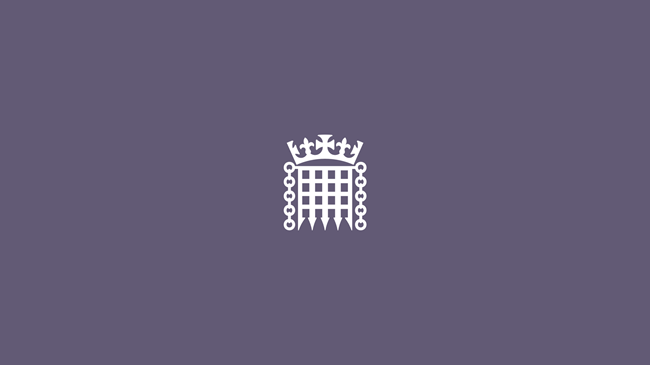Reforming Elections
Today, the right to fair and free elections is almost taken for granted. However, many of the rights we have today as voters - including the right to a secret ballot and for elections to be duly supervised - were not commonplace until the late 19th century. Until this point, elections results were often open to corruption through practises including bribery and treating of electors, and intimidation and threatening of voters.
This section explores the way in which Parliament responded to calls for electoral reform in the 19th century.

How were controverted elections tried? What are election petitions? How are they processed?

What are controverted elections?

What were elections like in the 19th century? How did they differ to voting practices today?

Find out about legislation passed by Parliament to address election conditions and corrupt practices